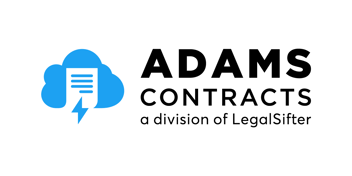
I saw Bob Ambrogi's post on LawSites (here) about the Belgian document-automation company ClauseBase. Here's the opening paragraph:
[ClauseBase] launched a major expansion of its product to add new capabilities for clause extraction, AI-powered document review, and automated proofreading, all with the goal of providing an all-in-one platform, within Microsoft Word, for contract drafting, reviewing and negotiating.
With any account of legaltech for contracts, it's not the puffery that's of most interest to me. Instead, it's the contract extracts that flash before your eyes as you watch demo videos. And that's the case with ClauseBase's demo video. There was no smoking gun; instead, there was wall-to-wall dysfunction. I won't give examples, as your eyes would glaze over. Take my word for it that the dysfunction covers the gamut of contract-language ills: archaisms, redundancy, misused terms of art, ill-conceived boilerplate, bollixed verb structures, and so on.
It appears that ClauseBase's product offers all sorts of pertinent functionality. And I'm willing to assume it's a polished product. Nevertheless, I don't care.
The sad reality of legaltech for contracts is that because mainstream contract language is a mess, an entire industry is now devoted to lubricating the garbage-in, garbage-out machine. That won't fix the underlying problem.
That's why I'm committed to offering, through Adams Contracts, the option of a fresh start for those organizations with the stomach for it. (I'm talking about that on Wednesday, 21 February 2024, at noon Eastern Time, at an event organized by the Association of Corporate Counsel; see this blog post for more.)

